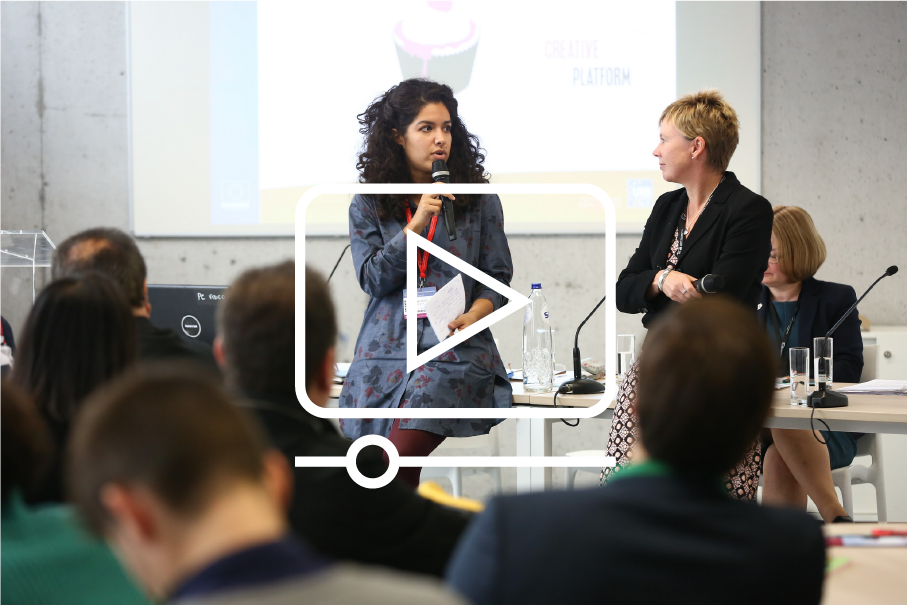The TechTown project explored how 11 European small- and medium-sized cities can maximise the job creation potential of the digital economy.
- 11 August 2020
TechTown has put us at the top level in terms of moulding economic development and enterprise strategy at the regional level.
Eleven 11 cities in 10 countries explored everything from creating tech clusters to supporting businesses in accessing the digital skills and innovation they need to grow and compete. From this work, plans were developed to help each city take advantage of the digital economy’s job-creating potential.
The cities are: Basingstoke and Deane, and Barnsley, United Kingdom; Limerick, Ireland; San Sebastián, Spain; Clermont-Ferrand, France; Siracusa, Italy; Dubrovnik, Croatia; Nyíregyháza, Hungary; Cesis, Latvia; Gävle, Sweden; and Loop City, Denmark.
Digital media
In Barnsley, a town in South Yorkshire with a population of 72 000, business support centre Enterprising Barnsley has helped create over 1 000 jobs per year since 2010. Thanks to its works, occupancy at its landmark Digital Media Centre increased from 54 % in April 2015 to 98 % in June 2018.
Barnsley has a significantly worse life expectancy than the rest of the country. It has England’s eighth-highest obesity rate. Knowing that a healthy population and an urban infrastructure that support an active lifestyle are essential to attracting job-creating tech companies, city planners turned to the TechTown network. Together, they launched the Fit for the Future initiative.
Fit for the Future aimed to improve the population’s health and reduce health inequalities. The strategy combines a number of initiatives, all of which look to achieve health-oriented policy changes in such areas as transportation, city planning, education, housing, and employment. The strategy calls for more safe walking and cycling lanes and the development of mobility plans.
Integrated action plans
The local integrated action plans, which were tailored for each partner city, included campaigns to encourage skills development.
For example, local authorities in Cesis, Latvia, boosted digital education and entrepreneurship by working with schools, universities, and businesses in the historic part of the city.
One of the key lessons from TechTown was the importance of using local actors, creating a solid network, and mapping existing and ideal ecosystems to make the digital leap. By putting this into practice, Cesis involved new people and made the most of Skola6, the existing creative and digital industries centre. By listening to local stakeholders, the centre focused their efforts on educating children at an early age.
TechTown was implemented as part of URBACT, the European Territorial Cooperation programme that aims to foster sustainable integrated urban development in cities. It uses resources and know-how to help them make improvements in four areas: governance, environment, inclusion and economy.
Total investment and EU funding
Total investment for the project TechTown is EUR 749 000, with the EU’s European Regional Development Fund contributing EUR 585 237 through the “URBACT III” Operational Programme for the 2014-2020 programming period. The investment falls under the priorities “Digital Single Market” and “Jobs, Growth and Investment”.

